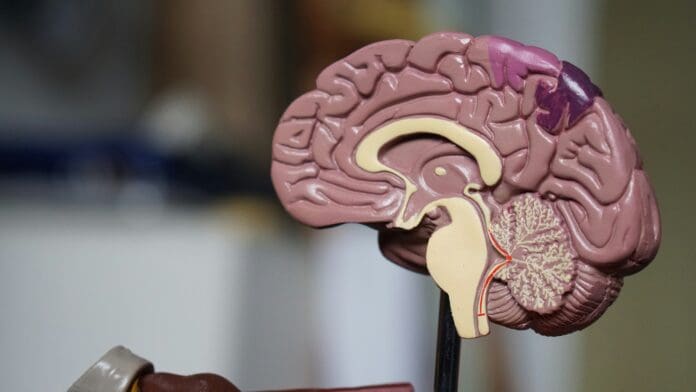This post is also available in:
 עברית (Hebrew)
עברית (Hebrew)
A new academic study suggests that frequent use of AI tools like ChatGPT for writing tasks may reduce memory retention. Conducted by researchers from the Massachusetts College of Art and Design, MIT, the MIT Media Lab, and Wellesley College, the report examines how the brain responds when people rely on large language models (LLMs) for essay writing.
Titled “Your Brain on ChatGPT: Accumulation of Cognitive Debt when Using an AI Assistant for Essay Writing Task,” the study involved 54 participants divided into three groups: one using LLMs, one using search engines, and one relying solely on their own knowledge. Later, 18 of those participants were reassigned to switch tools, allowing researchers to study both short-term and delayed effects.
The research combined EEG data, NLP analysis, and in-depth interviews to evaluate brain activity, writing quality, and memory. A key finding was that essays written with AI assistance were more uniform across topics, with limited variation and originality. In contrast, essays produced without digital tools showed broader stylistic and thematic diversity, indicating deeper personal engagement.
Memory performance was also telling. Participants who wrote without tools could often recall and quote their essays accurately—even days later. Meanwhile, those who used AI struggled to remember content minutes after writing, and showed weaker connection to their own work.
The findings suggest that while AI can be a helpful tool, overdependence—particularly in educational contexts—may impede the development of essential thinking and writing skills. The authors argue that early reliance on AI in the learning process may limit a person’s ability to internalize and critically engage with information.
The takeaway is not to avoid AI entirely, but to use it thoughtfully. The study concludes that while LLMs can support productivity, they may unintentionally suppress deep cognitive processing, retention, and a sense of ownership over one’s own ideas. In an age of smart tools, it appears that using your brain may still be the smartest choice.


























